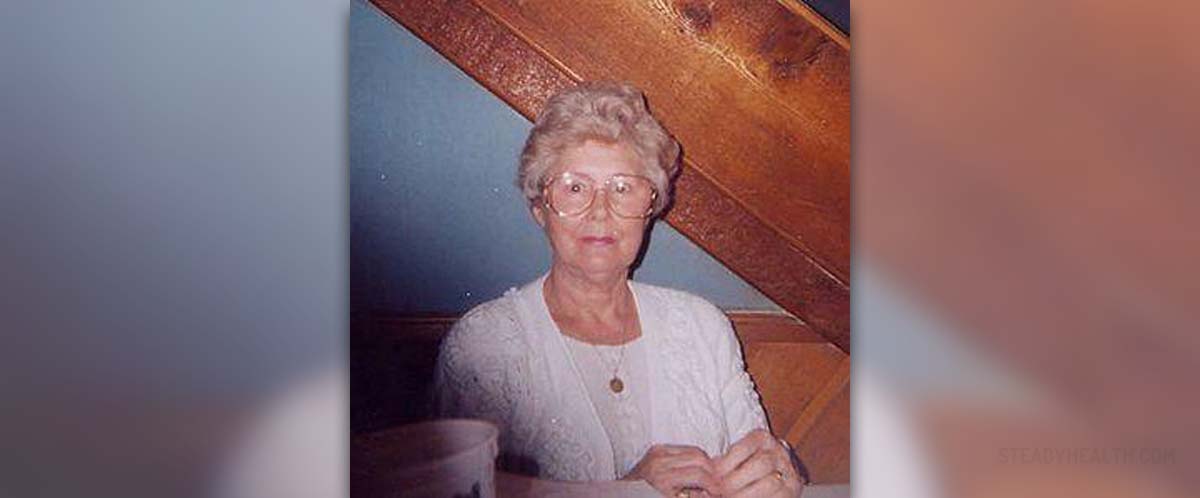
Even though eating disorders typically affect teenagers and people in their twenties, these health issues have become even more frequent among middle-aged and elderly individuals, predominantly women. These people actually have never managed to overcome their eating problems, the ones that originate from adolescence. Even individuals who have never suffered from eating disorders may face the problem for the first time once they enter ripe ages of their lives.
Causes of Eating Disorders in the Elderly
There are many reasons behind eating disorders in elderly people and these should be identified on time so that the affected individuals, whose health is already damaged by the old age and additional diseases, may be saved from severe complications.
First of all, sometimes eating disorders affecting this group of people stem from lack of money. Without money one cannot buy food or at least sufficient amounts of food or food of good quality. It is also possible that even when they have food, elderly people are not physically able to go to purchase and carry food on their own.
Elderly individuals are prone to mood changes, they lack motivation and may be overwhelmed with negative feelings. As a result, they lose interest in many thing, one of which may be food consumption. With lack of appetite it is clear that they will lose weight and perish even further. Eating problems may also be closely connected with medical conditions they are suffering from or medications they are taking. Such people need additional help and must start eating properly.What Can be Done?
There are ways to help these individuals. First of all, all those with family members should be helped. For instance, family members of hardly mobile patients may go shopping and supply them with all the food they require. Shopping can be done on a weekly basis or several times per week. The family may also support their elderly members financially, if this is necessary.
Furthermore, all conditions, both physical and mental interfering with nutrition must be reported to a health care provider. With adequate treatment, elderly people will start eating better and prevent potential complications associated with previous poor eating habits. Those who have lost their appetite may be even treated medicamentously.
Finally, the last solution are nursing homes. These institutions are adequate for all elderly people, especially those suffering from eating disorders. There, such individuals are provided with cooked meals and are also supervised by professionals who can timely notice any change in their eating habits and act promptly.















Your thoughts on this
Loading...